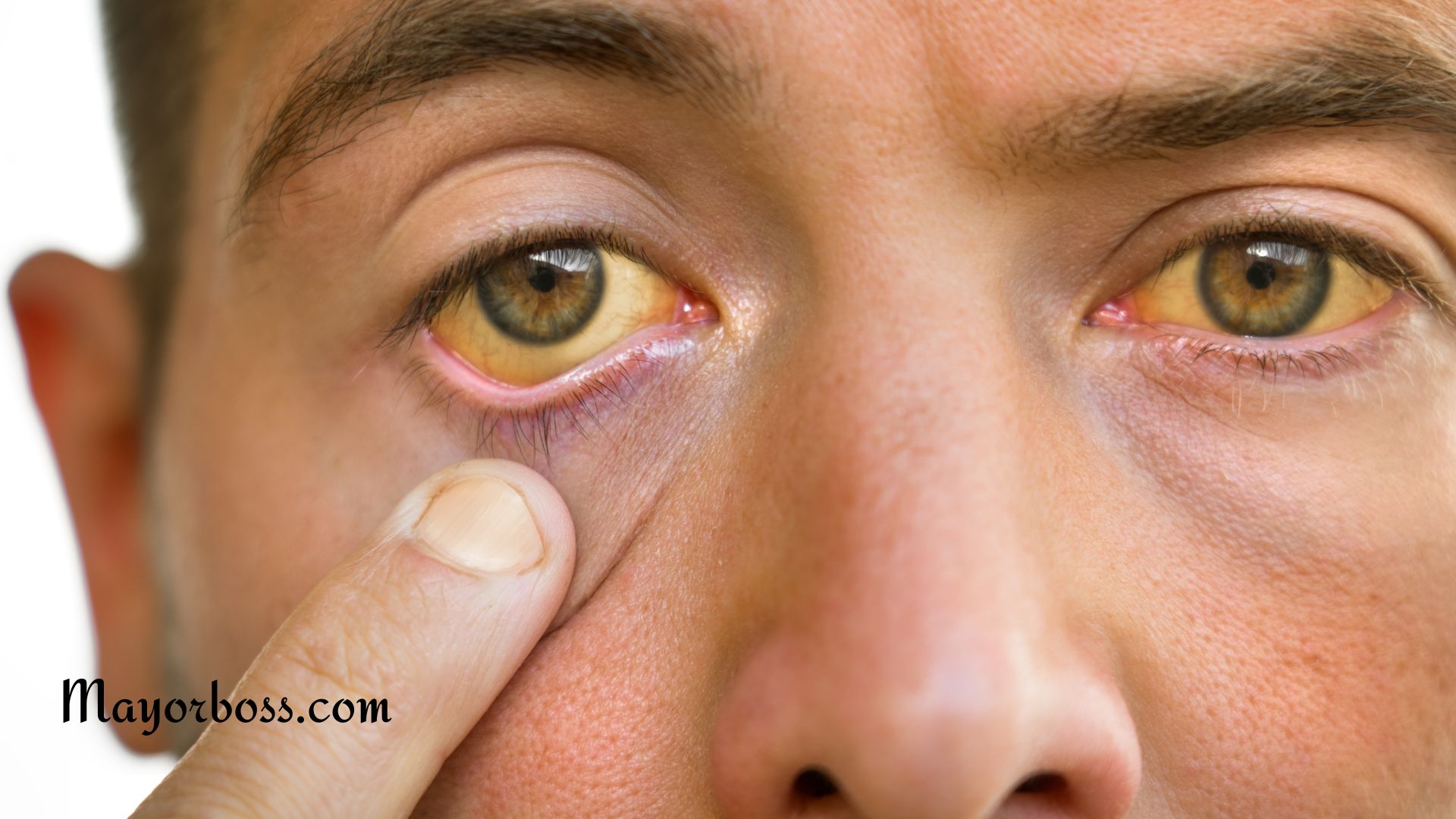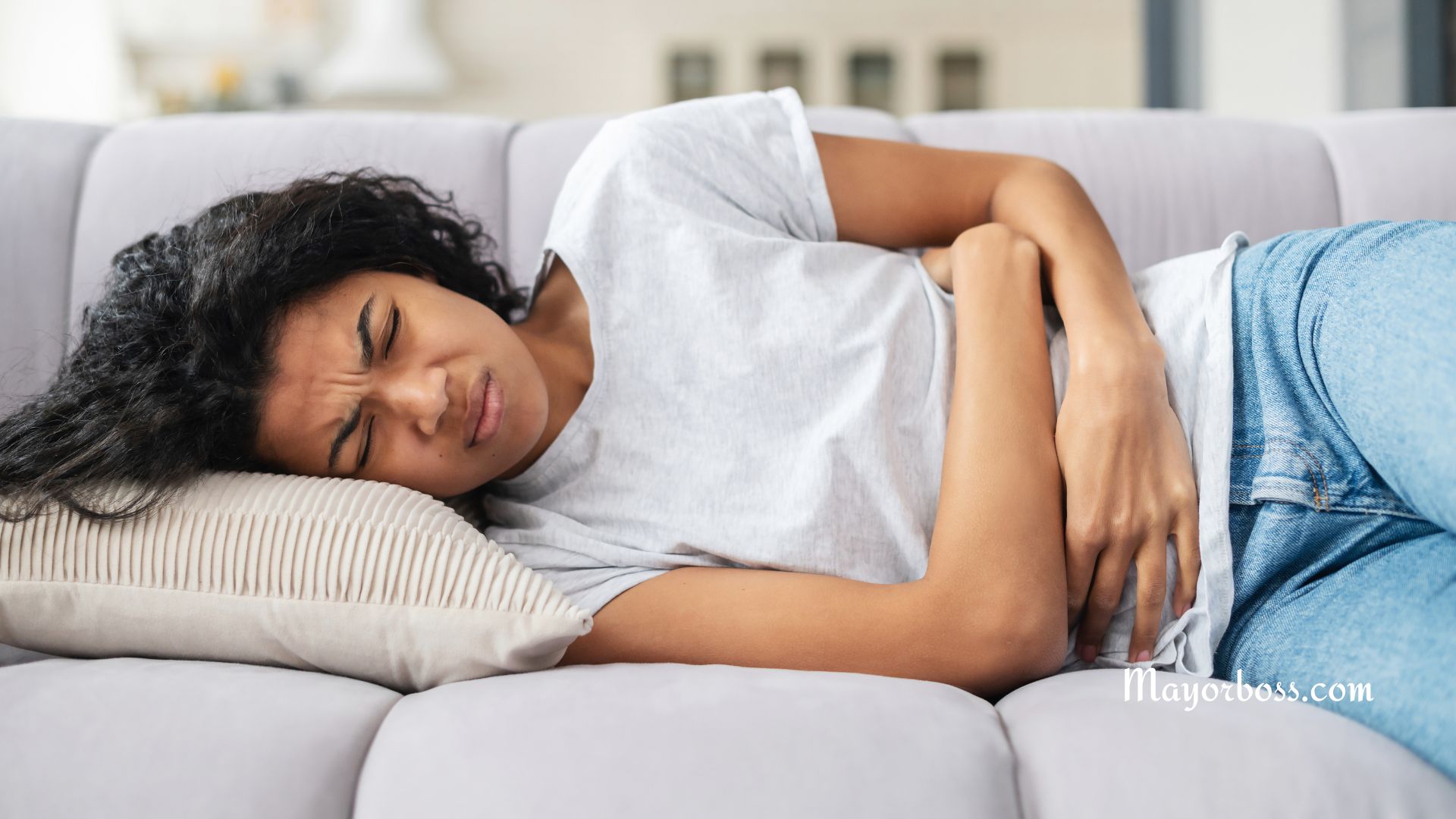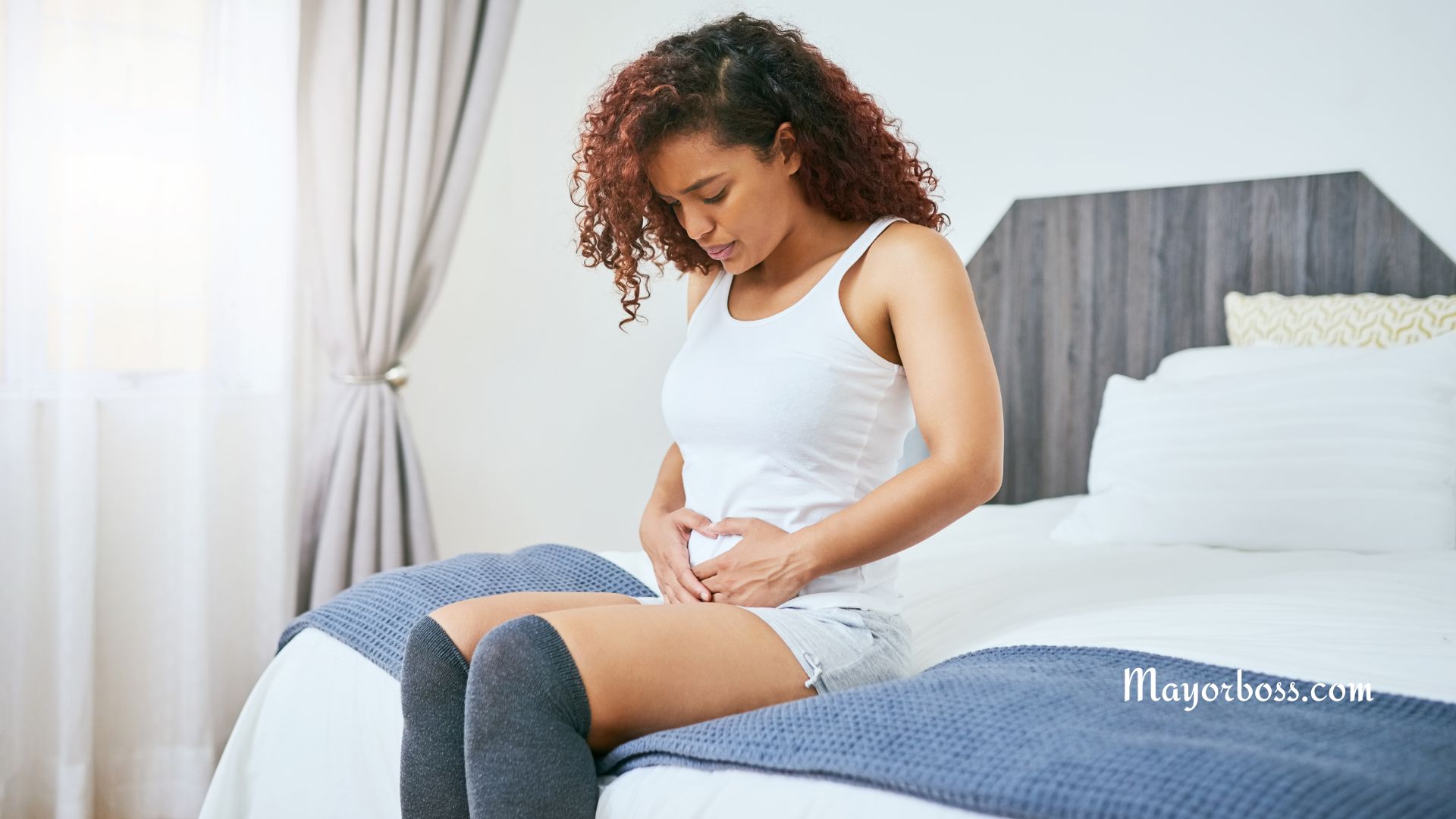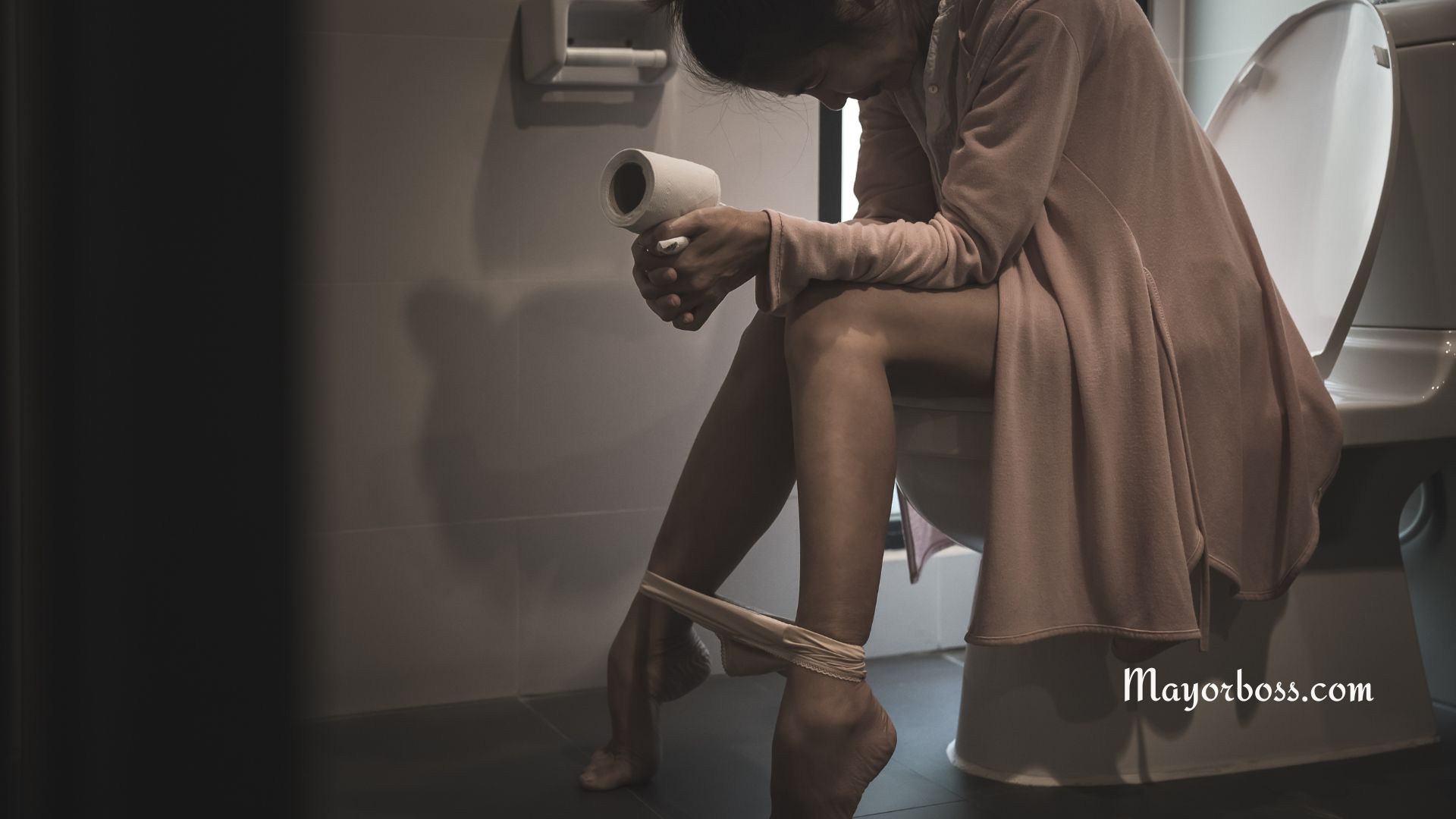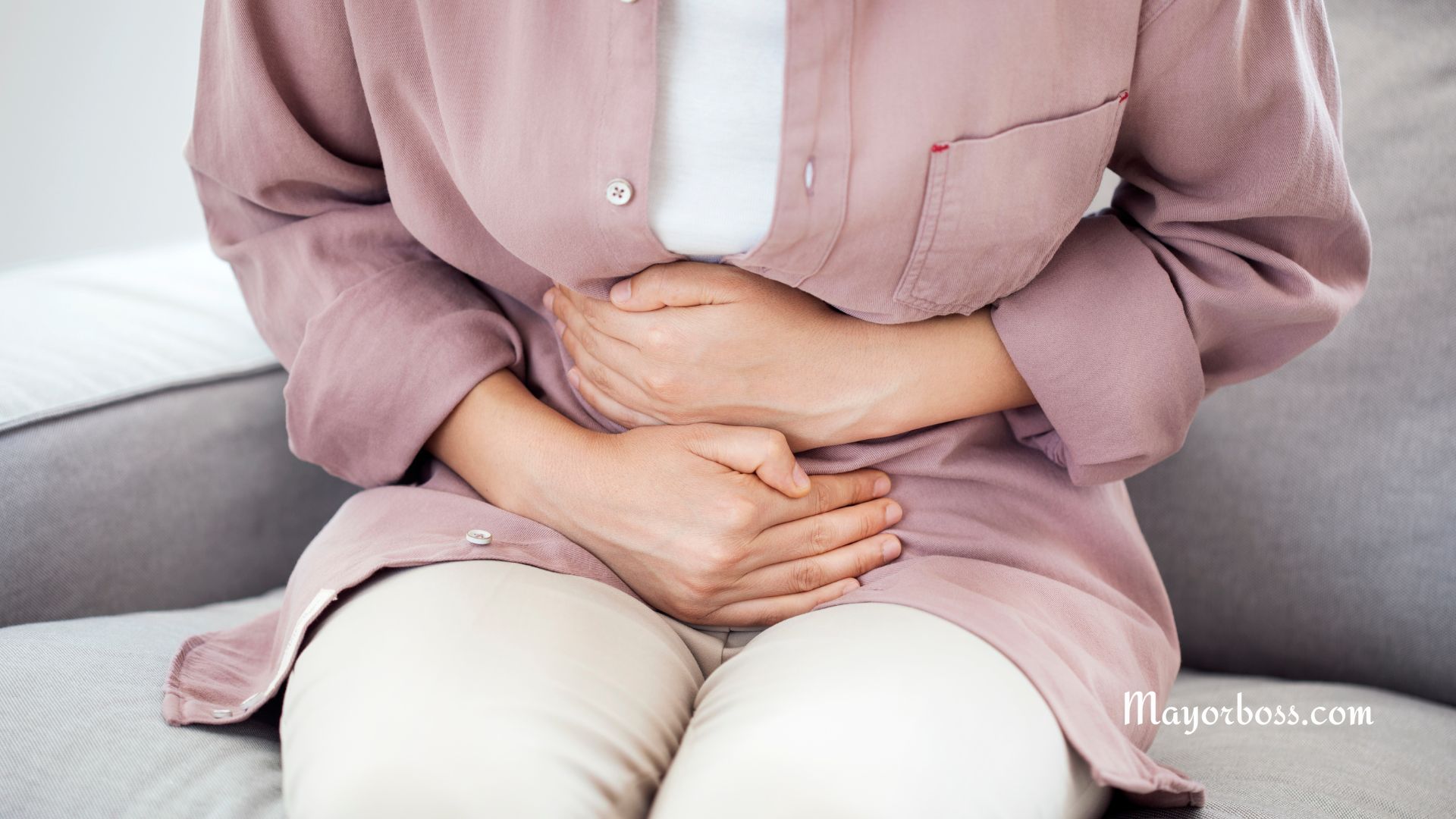5 Reasons You Have Pain in Your Lower Left Abdomen
Pain in your lower left abdomen can be a bothersome experience, and you might wonder what’s causing it. It might be something simple like gas or constipation, but it could also be a sign of more severe health issues. Conditions like diverticulitis, kidney stones, and infections can cause discomfort in this area. Even problems specific to women, such as ovarian cysts, can result in pain.
Dr. Anita Iroko, a general practitioner, will help us explore the causes and what you can do about them.
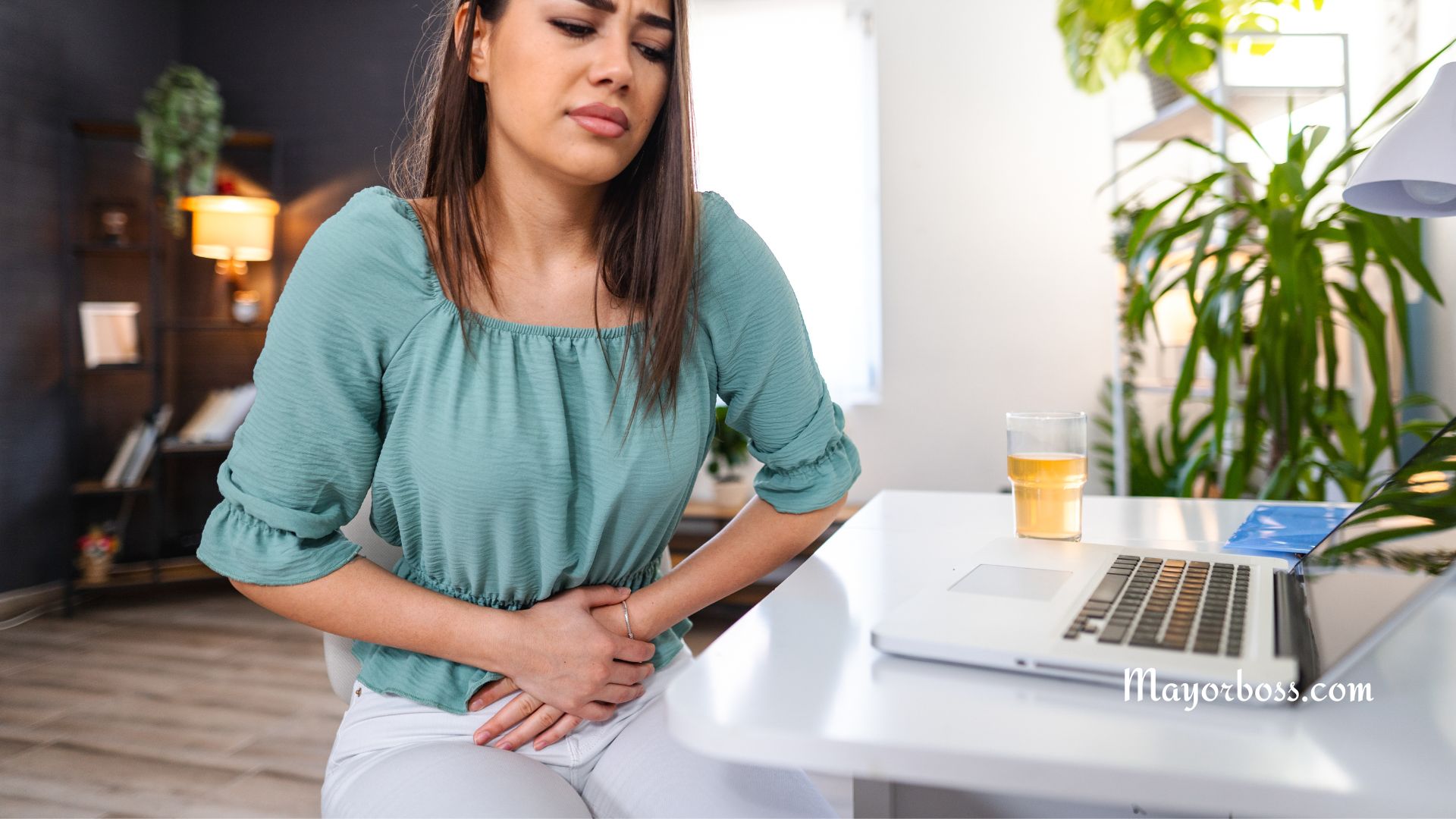
1. Constipation
Constipation is when you have difficulty or less frequent bowel movements. This often causes pain in the lower left abdomen.
According to Dr. Anita Iroko, “Many people experience constipation at some point. Lack of fiber, dehydration, or ignoring the urge to go can cause it.
You can ease constipation by eating high-fiber foods like fruits and vegetables, drinking more water, and exercising regularly.
2. Diverticulitis
Diverticulitis is the inflammation of small pouches in your digestive tract, specifically in the colon. It often causes severe pain in the lower left abdomen. It is usually accompanied by other symptoms like constipation, high temperature (fever), or blood in your poo.
Dr. Anita Iroko explains, “Diverticulitis can occur when these pouches become infected or inflamed, and it’s more common as people age.”
Treatment for diverticulitis might include antibiotics, a liquid diet, or even surgery in severe cases. Consult with your doctor to get the appropriate care.
3. Kidney Stones
Kidney stones are solid mineral deposits that form in your kidneys. They can cause intense pain when they move through your urinary tract. Dr. Iroko notes, “Kidney stones can cause excruciating pain that may be felt in the lower left abdomen.”
Drinking plenty of water and taking pain medication can help. Sometimes, medical procedures are required to remove the stones.
4. Ovarian Cysts
Ovarian cysts are fluid-filled sacs in or on the ovary. These cysts can cause lower left abdominal pain, especially if they grow large or rupture. Other symptoms may include pelvic pain, pain during intercourse, and pressure or heaviness in your abdomen.
Dr. Anita Iroko points out, “Ovarian cysts are common, and many go unnoticed. However, they can sometimes cause discomfort or pain.”
Monitoring, birth control pills, or surgery are some treatment options, depending on the type and size of the cyst. Consult with your healthcare provider for proper guidance.
5. Gas
Gas in the digestive system can cause discomfort and pain in the lower left abdomen. As Dr. Anita Iroko says, “Eating certain foods or swallowing air while eating or drinking can cause gas. It’s typically harmless but can feel quite uncomfortable.”
You can often relieve gas pain through over-the-counter medications, changing your diet, or letting the gas pass naturally.
In conclusion, these five reasons are not exhaustive, and other factors might cause lower left abdominal pain. Always consult a healthcare provider to pinpoint the exact cause and appropriate treatment for your specific situation.

